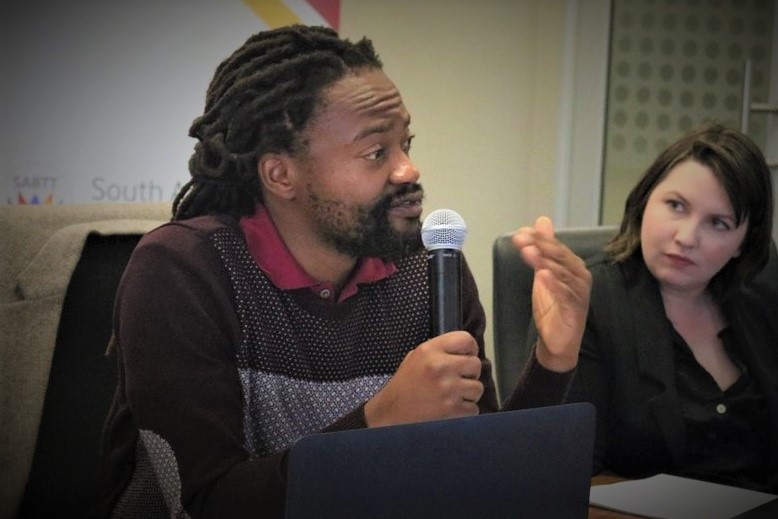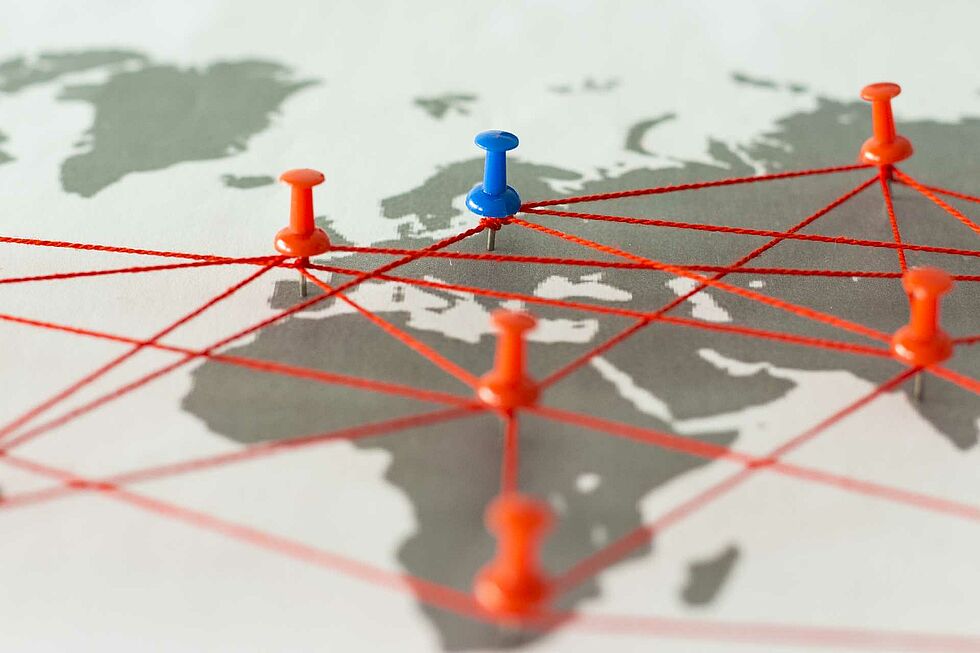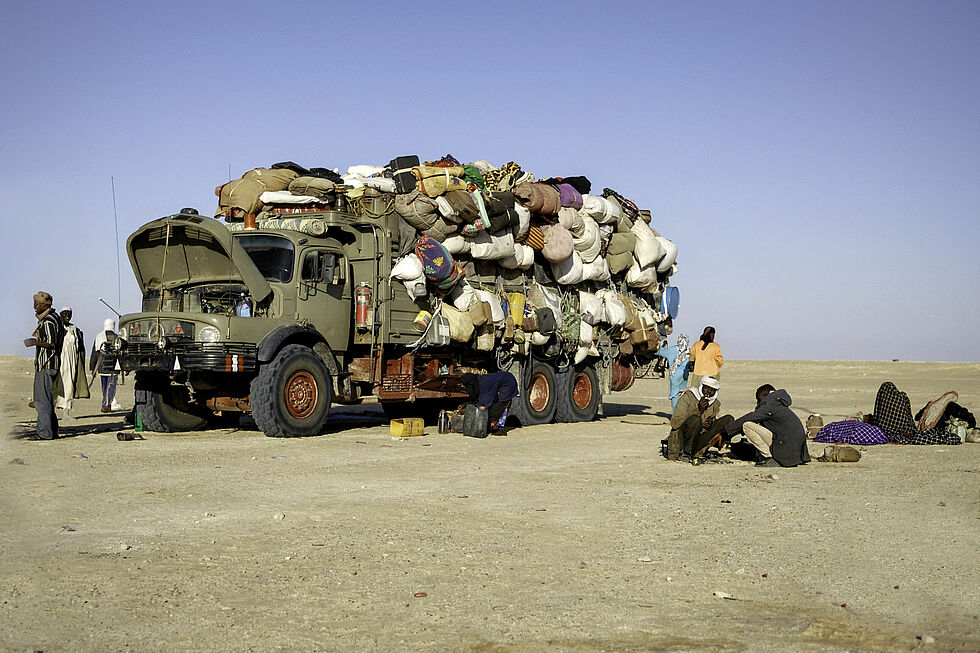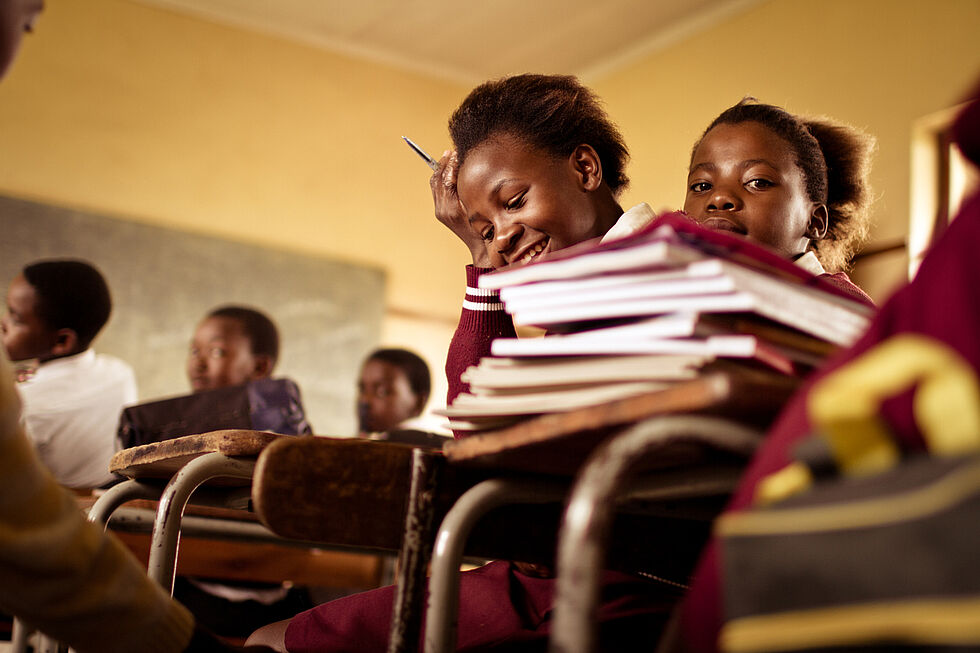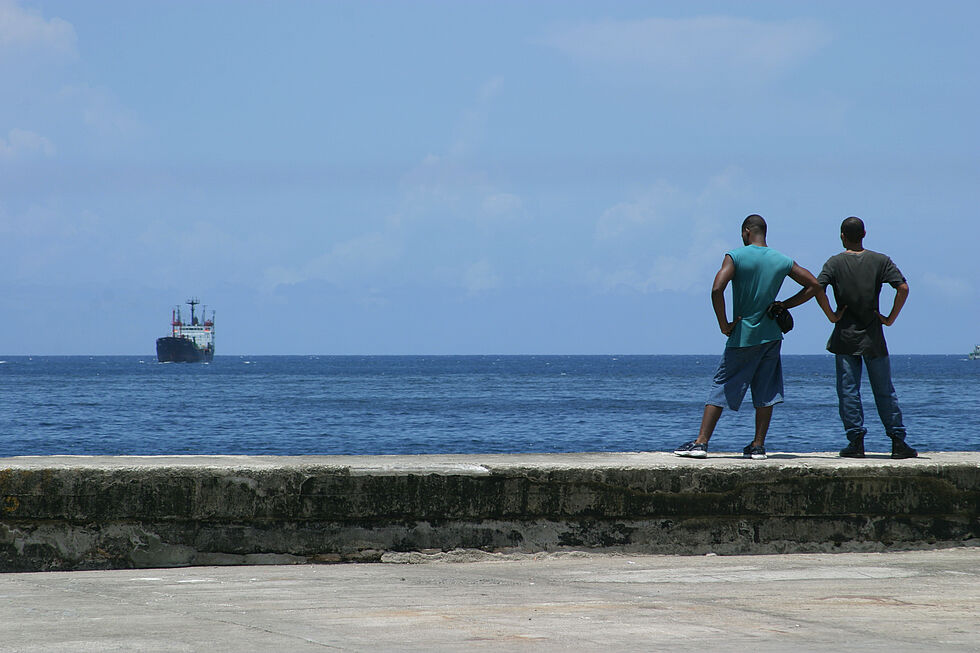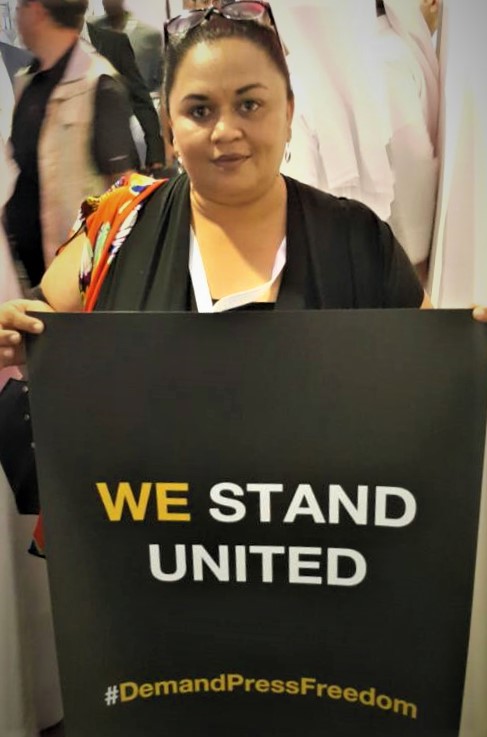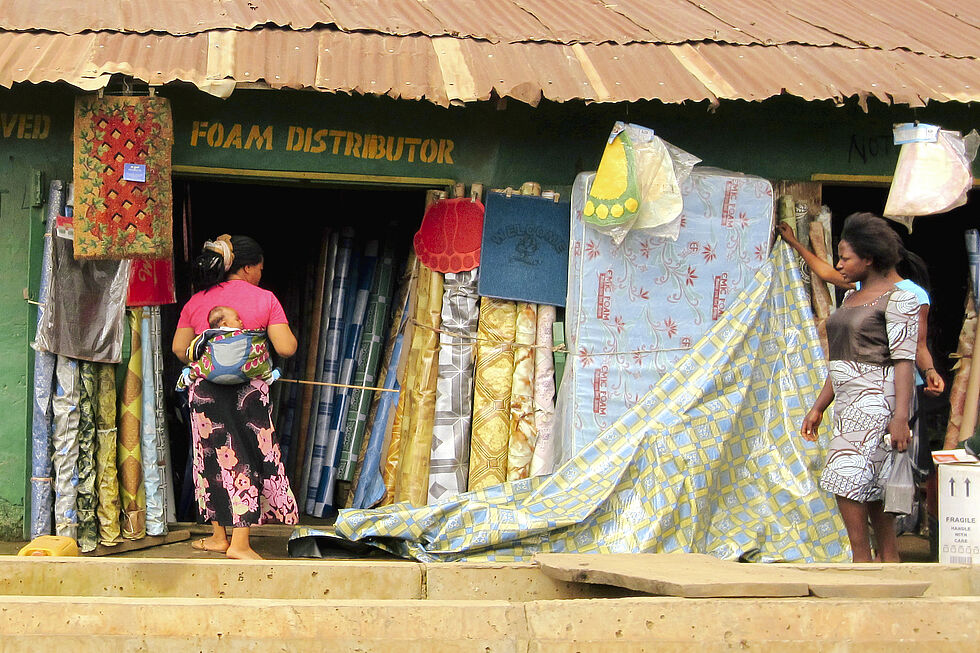China as a role model?
The paucity of good governance and lack of participation by large sections of the population in many countries in Africa as well as a general lack of prospects have triggered a swell of (religious) radicalization among the population. The consequence of it all is not only destabilized countries and regions, but also waves of refugees that Europe is resolved to stop at any price. In view of the growing population, the job-hungry youth of Africa urgently needs better prospects in order to avoid turning the demographic dividend from an opportunity into a risk factor. Another upsurge in migration to Europe would moreover widen the political rift within the European Union between proponents of an open-door and a closed-door policy.
This is the setting on the eve of the fifth AU-EU Summit scheduled for 29 and 30 November in Abidjan, the capital of Ivory Coast—the first held in Sub-Saharan Africa. The Summit is taking place at a critical juncture for both sides, with Africa and Europe facing wide-ranging challenges. And it would appear that the plan of developing a long-term strategy is giving way to pragmatism and opportunism.
Ten years Joint Africa-EU Strategy
The balance sheet on the Joint Africa-EU Strategy (JAES), resolved 10 years ago, is a mixed one. The new thrust to the relationship had the stated goal of putting an end to the lopsided donor-recipient relationship between Europe and Africa, seeking instead to structure relations along more political lines, in order to pursue common interests and joint projects. The political traction for this in the JAES has been lacking so far, however. The primary reason for this is that many African and European member states view relations at the continental level as less important, preferring instead bilateral negotiations or to set different priorities for the partnership.
While trade between Africa and China is leaping from one record to the next, and China is reaping praise for supplying Africa with an infrastructure and helping it to develop, Europeans bear the brunt of criticism for being too timid and paternalistic.
On top of this, there is large number of political differences between the countries, for instance with regard to European military intervention, sluggish democratic development in Africa or trade relations. Other actors like China or India see no need to raise such issues or engage in discussions on them because they are not interested in the democratic development of their partners—in contrast to the European value-oriented approach, which is coming under increasing pressure as a result. While trade between Africa and China is leaping from one record to the next, and China is reaping praise for supplying Africa with an infrastructure and helping it to develop, Europeans bear the brunt of criticism for being too timid and paternalistic.
As successful as the Chinese model may have been, however, Europe must not overlook the fact that Africa has not become more stable or peaceful as a result.
It was against this background that the heads of state and government were already very intent on avoiding controversial topics as early as the previous AU-EU Summit, held in 2014 in Brussels. In addition to the obligatory topics of peace and security, that summit was therefore devoted above all to improving trade and investment, while topics such as good governance and human rights were at most only discussed on the margins. Nevertheless, there was a much-praised exchange of opinion on migration and mobility, which was perceived by the Africans to be an important step in the direction of an equal partnership, as the declaration emerging from this dialogue also reflected the interests of African countries.
How void of substance the declaration really was, however, could be witnessed in the ensuing period, with virtually nothing that was resolved at the summit having been implemented even one year afterwards, before the dynamics of 2015 triggered a different course.
The U-turn in EU policy
The arrival of approximately 1.3 million migrants in Europe in the summer of 2015 and Europe's incapacity made new solutions to address the causes of exodus and flight necessary. Consequently, migration is no longer seen as a sub-category of development cooperation. Instead, it now makes up its core. As a result of its population growth, Africa was quickly identified as a key challenge.
At the forefront of the new strategies are migration controls and the rapid implementation of projects that rely on a pragmatic approach. All initiatives of the EU since the Valletta Action Plan of November 2015 bear the hallmarks of this change in paradigm: The paramount principle is to reduce migration now and in the future. This is to be achieved by focusing on economic development, even if the causes of flight and migration are to be found in the political system of (in-)justice in respective partner countries.
China and other external actors [...] have preferred to leave sensitive, difficult political topics up to Europe, just as is the case with cooperation and funding of peace and security-policy measures
Economic development is no doubt necessary and welcome in most countries of Africa—and neither is there any objection to a more pragmatic aligning of the relations whereby both sides put their interests on the table, unlike in the past—but without involving political aspects it will become arbitrary.The EU is in this way becoming dependent as a result of its one-sided agenda-setting due to its obsession with migration, causing all other objectives and claims to good governance and human rights to dissipate into mere lip service. That is why the reality of the situation translates into support for dubious regimes in North and East Africa within the framework of the Rabat and Khartoum Processes.
This U-turnin EU policy in the direction of greater investment and economic cooperation without it being made contingent on adherence to democratic standards is welcomed by a majority on the African side. China and other external actors have been leading the way in this respect for years and have been doing quite well so far. Such states have preferred to leave sensitive, difficult political topics up to Europe, just as is the case with cooperation and funding of peace and security-policy measures.
Political dialogue on-demand
As successful as the Chinese model may have been, however, Europe must not overlook the fact that Africa has not become more stable or peaceful as a result. China moreover has an advantage because its geographic location makes it much less vulnerable to developments in Africa.
The political dialogue with Africa, which has thus far produced little in the way of results, is becoming less important to Europeans and increasingly replaced by a strategy that will purportedly lead to success more quickly and simply. The fact that many African governments are not interested in such a dialogue is further fuelling this development.
For the summit in Abidjan, these harbingers of things to come bode little in the way of positive outcomes, as a pragmatic partnership guided by interests is also subject to the vagaries of political developments that would better be addressed now than later. Expectations of the summit are therefore not particularly great. ###
Florian Koch is the director of the FES Liaison Office to the African Union, based in Addis Ababa, Ethiopia. For more information on the cooperation work by FES with the African Union visit the office website.
